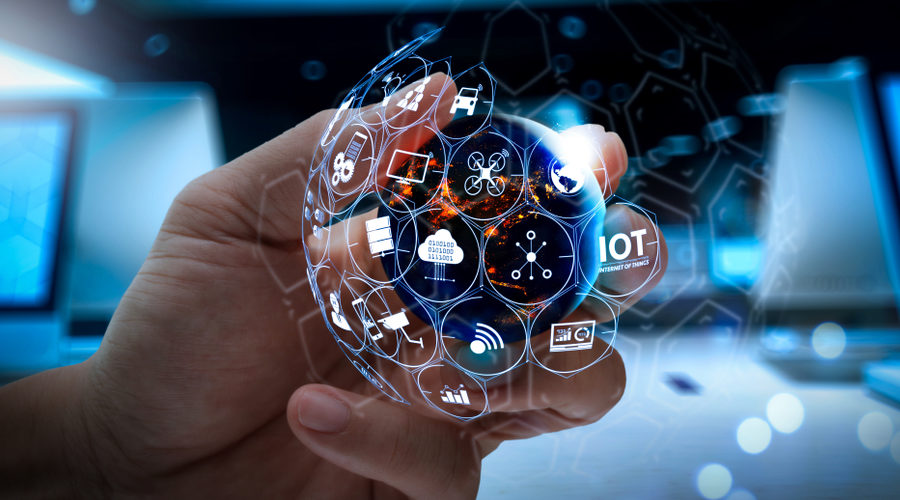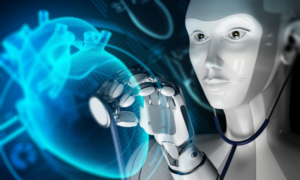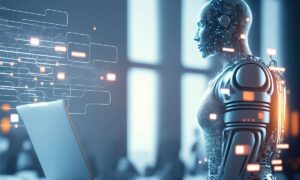We are living in a digital world and have been since the turn of the 21st century, yet the emergence of Artificial Intelligence (AI) has opened up many possibilities and by merging AI with digital technology, we are empowered like never before.
To better understand AI, one must take an in-depth look at machine learning, something that replicates neurons in the brain, with data firing between contact points. Of course, for a machine to learn, it requires parameters; the rules of the game and more importantly, the object of the game.
1. Machine Learning
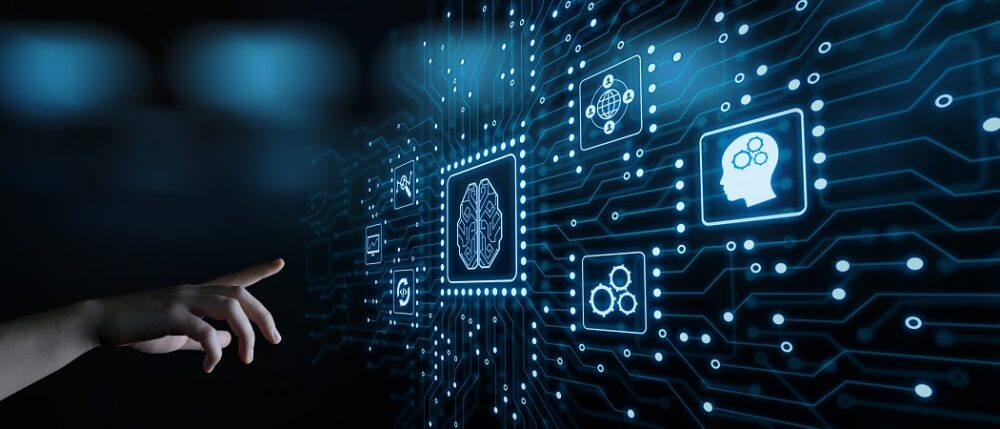
- Source: intelligentcio.com
A UK-based tech company by the name of Deep Mind Technologies, which was subsequently acquired by Google, created a super-computer by the name of AlphaGo. They fed the computer with the parameters of the board game Go, the most complex in the world, then they fed the computer hundreds of thousands of previously played Go games and it began to play against itself, using the knowledge gained from the historical games it ingested.
2. The Ultimate Challenge
In March, 2016, AlphaGo played the 18-time world champion Go player, Mr Lee Sedol in a 5-game challenge and much to everyone’s amazement, AlphaGo beat Lee, 4 games to 1. AlphaGo was constantly being improved and it showed the world that machine learning is very powerful indeed, while machine learning has the potential to revolutionise every aspect of society.
3. Medical Benefits
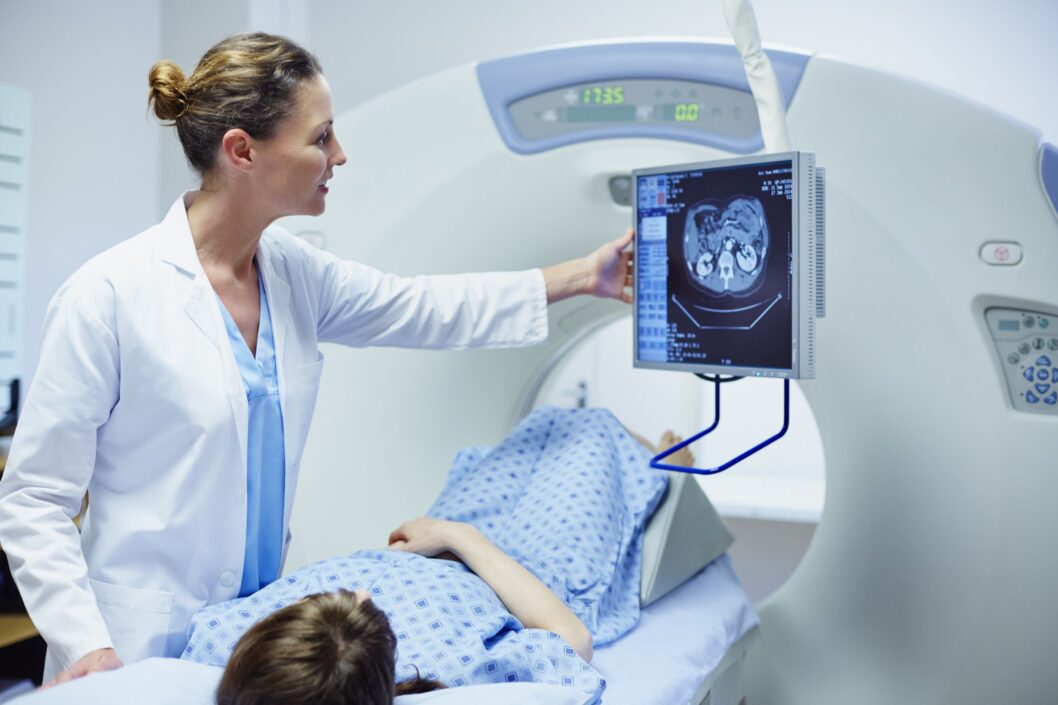
- Source: netdoctor.co.uk
State of the art medical equipment is being installed around the UK by a white glove logistics company, by the name of Rhenus High Tech, and by merging AI with MRI and CT scanners, very accurate diagnosis can be achieved. At the outset, AI will assist doctors and when AI has proved to be effective, more and more control will be designated to AI. AI is used to diagnose X-Ray images and it has a better accuracy rate than any doctor, thanks to the many thousands of images that were fed into the computer, enabling the machine to learn. Click here for stunning news from the field of AI.
4. Virtual Medical Examinations
During the pandemic, doctors are offering their patients virtual consultations and, in most cases, the medical professional can gain enough information to make an accurate diagnosis and prescribe effective medication. This is the best way to offer medical services during the pandemic as it eliminates human contact, keeping both you and the doctor safe from infection. Using an application such as Zoom, the doctor can interact with the patient and the clinic will schedule the online consultation at a convenient time for you.
5. GPS Technology
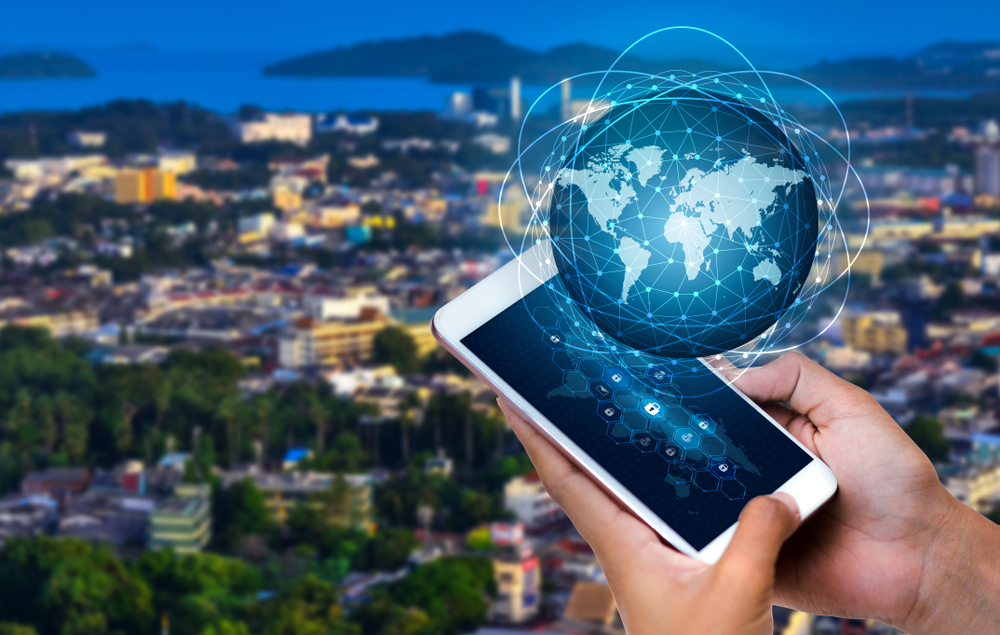
- Source: allerin.com
This has revolutionised the logistics industry and finding an address is no longer an issue, thanks to apps like Google Maps, which guide us to our destination, while offering alternative routes to avoid traffic congestion. Google Maps uses many GPS satellites to determine your location and with AI merging, you can expect to see even more developments with GPS tech.
Furthermore, AI is revolutionizing the way we find people, enhancing search and rescue operations, and improving personal safety. By integrating AI algorithms with surveillance systems, drones, and facial recognition technology, authorities can quickly locate missing individuals or identify potential threats in crowded areas. Additionally, social media platforms and online networking tools powered by AI algorithms enable us to easily connect and find people with shared interests, fostering communities and expanding social connections. AI’s ability to analyze vast amounts of data and detect patterns has greatly facilitated the process of finding people, whether for social purposes or in critical situations.
6. 3D Printing
This is another game-changing technology that we are already seeing in the business arena; the future is designs by AI and 3D printing, using revolutionary composites such as graphene, which is incredibly strong and lightweight. In 2025, you could probably walk into a car showroom with no cars, just digital screens and when you choose your model, it will be printed in 3D and you can drive it home. If you search online, you can buy 3D printers and as time passes, they will become larger and more complex, with the ability to print complex structures.
7. The 5G Rollout
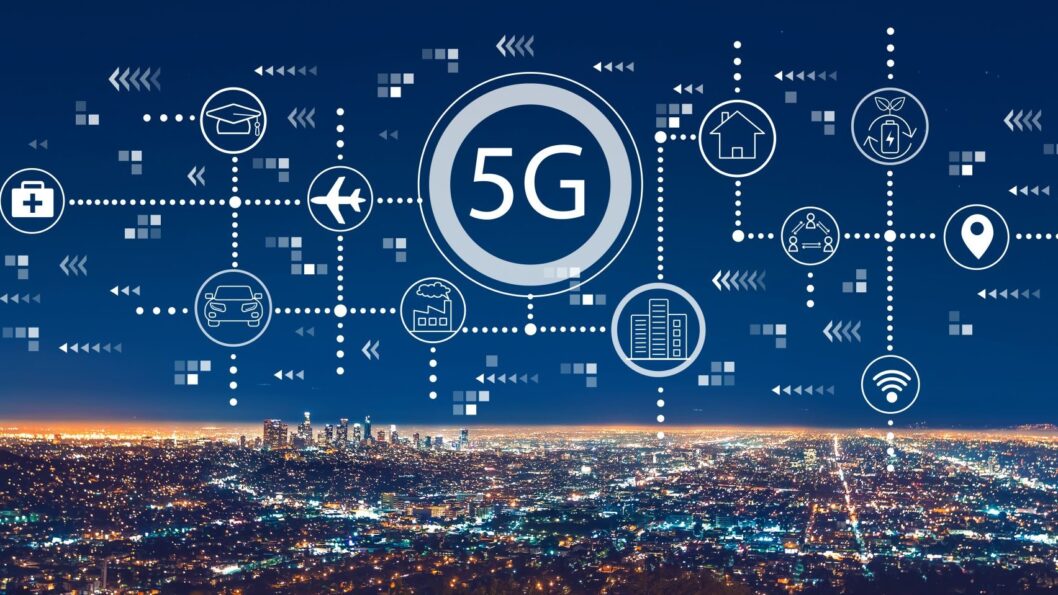
- Source: counterpointresearch.com
As you probably know, the 5G platform offers 10x data transfer speeds and this platform, the Internet of Things (IoT), will host every single digital device on the planet, all of which will be controlled by AI. Elon Musk has been sending up thousands of low-orbit 5G satellites for at least 2 years, using SpaceX vehicles and the goal is to cover the entire planet in 5G by beaming the frequency down to land transponders. The IoT will be the grid for all city traffic, monitored by AI and pretty soon, driverless cars will be the norm. In theory, there will be no traffic accidents, as the AI will not permit any vehicle to get too close to another; this, however, remains to be seen.
8. Robotics
Robotics is yet another booming sector and when merged with AI, this offers unlimited potential for humanity. To be able to 3D print a design created by AI really is a game changer, and we are already seeing this emerging in the business arena. The factory of the future would have around 5 people on site, to manage the AI and the massive bank of robots that make products 24/7, each as perfect as the next.
9. Solar Power

- Source: pexels.com
Solar panels have been around for quite a few years, yet the current state of tech means it is much more efficient in transforming solar rays into usable electricity, while lithium-iron batteries allow for high power storage capabilities. In the smart home, AI will control energy use, as it will climate control, security and every digital device in the house. We need to stop burning fossil fuels to generate electricity and the clean and renewable energy from the Sun is the solution and we are now in the position to make the switch, with many governments offering the homeowner financial incentives to install solar panels. The latest generation of solar panels are identical to clay roof tiles, which means people would never know you even have solar panels, plus they can no draw energy even on a cloudy day, making them useful in colder, northern climates.
Artificial Intelligence (AI) is poised to revolutionize the future of solar panels, enhancing their efficiency, effectiveness, and overall performance. This technological integration is set to make solar panels an even more vital tool in our shift towards sustainable energy. By harnessing the power of AI, solar panels can optimize their energy production, responding to environmental changes in real-time.
Imagine solar panels that can adjust their tilt and orientation autonomously to soak up maximum sunlight throughout the day. This isn’t a scene from a sci-fi movie, but a reality made possible by AI. Such smart adjustments can significantly boost the energy output of solar panels.
But the magic of AI doesn’t stop there. It can also analyze past weather patterns and predict future conditions, enabling accurate forecasts of solar panel performance. This predictive power aids in better grid integration and energy management, ensuring a consistent and dependable power supply. You can also read this helpful article for further info on this subject.
AI’s role extends to the maintenance and monitoring of solar panel systems as well. Picture an AI system that can spot potential issues in your solar panels before they become a problem. Through image recognition and data analysis, AI can identify and diagnose faults, enabling proactive maintenance and minimizing downtime.
AI-powered monitoring systems can provide real-time performance feedback. This allows for ongoing optimization and helps to extend the lifespan of solar panel installations. In essence, AI is not just enhancing solar panels’ performance but also ensuring their longevity.
There’s no doubt that artificial intelligence will open many doors for humanity and it will power many of the emerging technologies that will transform the way we live our lives. Many businesses are now offering virtual services, due to the pandemic and most people prefer to order their groceries online, which eliminates human contact.


